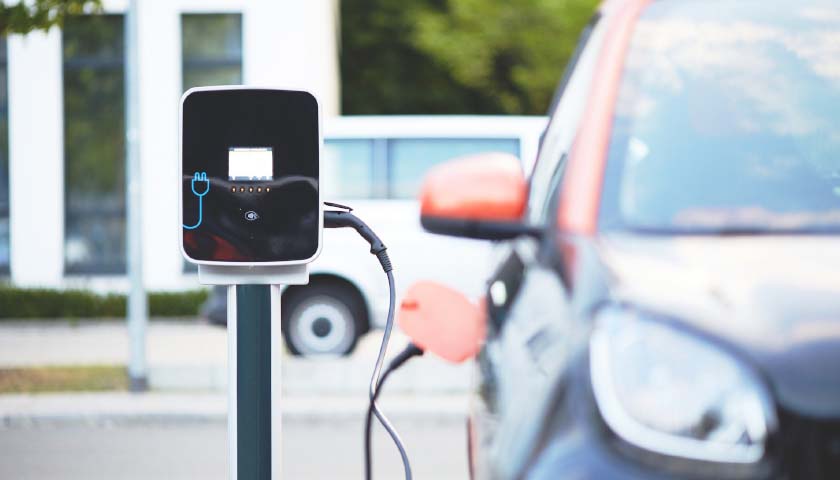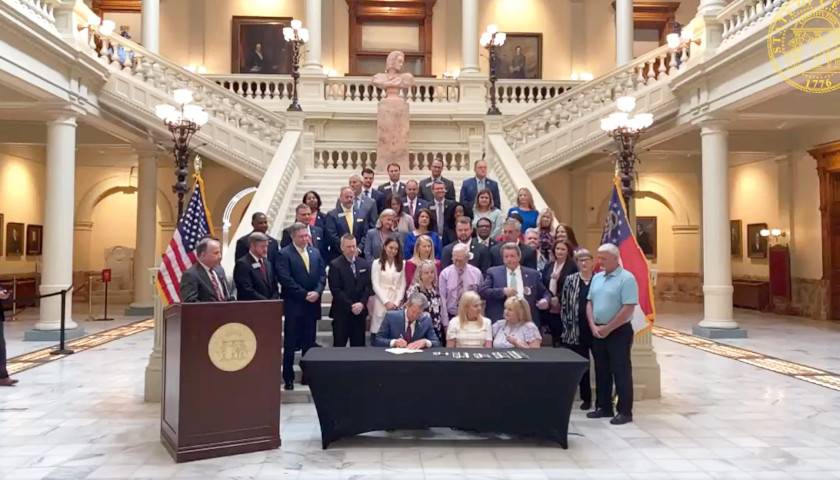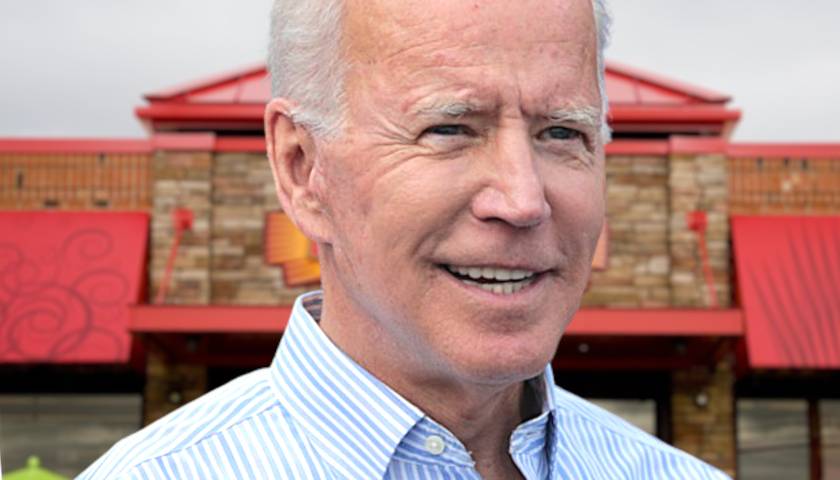by T.A. DeFeo
Whether it’s higher vehicle costs for consumers or pressure on the electric grid, a consumer group hopes its new report gives politicians and policymakers a few questions to ponder.
The thought starters are included in Consumer Energy Alliance’s “Freedom to Fuel: Embracing Consumer Choice in the Automotive Marketplace” report, which noted it is “increasingly clear that policymakers are not fully considering all the implications of aggressively mandating EVs.”
“What it’s meant to do is actually be a conversation starter and help present these policy considerations that are either being completely ignored on purpose by policymakers or ones that they might not even think to address,” CEA Midwest Executive Director Chris Ventura told The Center Square.
“When you’ve got states that are looking at mandates for EV sales or anything like that, the policy discussions are often happening in a vacuum, where legislators or regulators aren’t actually taking a total picture of what their policy decisions might mean,” Ventura said. “So, is there enough electric generating capacity? Is there enough transmission capacity?”
Last month, the North American Electric Reliability Corporation released a report warning of a “high risk of energy emergencies during peak summer conditions” in many parts of the country.
Any concerns about moving toward EVs haven’t stopped Georgia officials from targeting them to invest in the Peach State. In announcing an EV-related investment this week, Gov. Brian Kemp said it would help Georgia “on the path to becoming the e-mobility capital of the nation.”
“This emerging industry continues to bring historic levels of new jobs and investment to communities all over the state, thanks to our highly-skilled workforce and reliable infrastructure network,” Kemp said in a Tuesday announcement.
When asked whether the governor has any concerns about the heavy focus on EVs and related companies, especially since it somewhat ties Georgia to rare earth elements and the countries that mine them, a spokesman said Kemp “is taking a market-based approach to E-mobility investments in Georgia.”
“The belief is that we have the environment for these companies to succeed and if they are looking for a place to set up operations, Georgia is the place for them to do business,” the spokesman said in an email to The Center Square. “However, in no way are we wanting to push the market in any one direction or impose EV adoption on Georgians.”
The spokesman added: “By artificially forcing the market and adoption in a specific direction, you run into additional headaches that otherwise might’ve been preventable,” such as “infrastructure issues” and “workforce shortages.”
To help with the infrastructure, in September, the Federal Highway Administration signed off on Georgia’s National Electric Vehicle Infrastructure Plan and sent roughly $130 million to the state. The Georgia Department of Transportation is tasked with planning how the state will roll out electric vehicle charging infrastructure.
Last month, in touting the announcement of a joint LG Energy Solution and Hyundai Motor Group electric vehicle battery plant in Georgia, U.S. Sen. Jon Ossoff, D-Georgia, said incentives included in the Inflation Reduction Act were intended to increase domestic manufacturing.
“Those manufacturing incentives require that a certain share of the batteries that power electric vehicles be produced in North America, and the purpose of that manufacturing incentive is to generate outcomes just like this one — to pull investment to the United States up and down the supply chain, reduce our dependence on imports from China and bring jobs and manufacturing capacity to the United States,” the senator said.
However, the report notes that China “controls the processing and refinement” of 58% of lithium, 65% of cobalt and 87% of rare earth elements — all required for EV production.
“We are pro-American manufacturing, 100%. We think that we can manufacture things better here in this country than any other country on Earth,” Ventura said. “But when you’re looking at just attracting battery plants, what’s key to remember is the battery plant in Georgia or in Kentucky or in Ohio or in Michigan or wherever that battery plant is located here in the United States, that’s the final product.
“The battery pack that comes out and goes into the car, that’s the final product, but what’s not talked about is what actually has to go into that battery plant,” Ventura added. “Whether it’s lithium, nickel, cobalt, whatever your rare earths are, that’s really the beginning of the EV supply chain. And when you look at our dependence on critical minerals and rare earths, 90% of most of your rare earths and critical minerals are either mined, refined or processed in China.
“And when you look at the geopolitical implications of having the end of the battery supply chain be where you have no access to domestically sourced minerals to actually begin the process, you have a significant issue.”
– – –
T.A. DeFeo is a contributor to The Center Square.
Photo “Electric Vehicle” by andreas160578.






